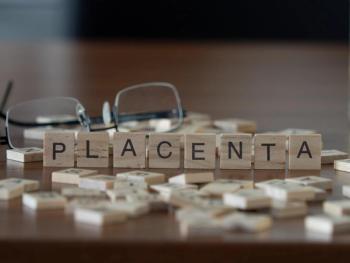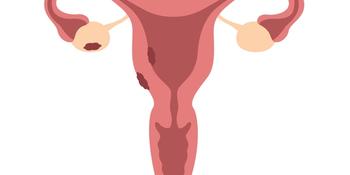
Call for Writing Group Volunteers

Deadline to apply: November 15, 2023
AUGS is currently seeking volunteers to serve on writing groups for several topics. Applicants will need to login to their AUGS account to submit a letter of interest stating their qualifications for the position, a brief CV, declaration of interest in chair or writing group member position, and financial and intellectual conflict of interest disclosures.
AUGS is currently seeking volunteers to serve on a Writing Group to develop a Clinical Consensus Statement on Perioperative Strategies to Prevent Urogenital Fistula After Hysterectomy. Support from AUGS staff will be provided.
This document will provide a framework for establishing strategies to prevent urogenital fistula after hysterectomy. The pathophysiology of urogenital fistulas is not completely understood but sufficient information is now available to present and serve as a broader resource for all surgeons performing hysterectomy. Awareness and dissemination of the current state of the science can improve surgical awareness, promote early identification and mitigation strategies at the time of the index hysterectomy to further reduce the incidence of this complication. Vetting and organizing the cumulative knowledge regarding this condition will be useful to improve outcomes of management.
AUGS is currently seeking volunteers to serve on a Writing Group to develop a White Paper on Health Care Sustainability. Support from AUGS staff will be provided.
This document will provide guidance and feasible actions for reducing the carbon footprint within the health care system. Climate change unequivocally threatens public health, and contrary to its purpose, health care has a large carbon footprint that negatively affects the health of patients. Operating rooms contribute significantly to overall hospital waste and energy use. As surgeons, we have an opportunity to decrease the carbon footprint of our care by evaluating and making changes in our own practice, as well as advocating for changes on a hospital level. The White Paper will provide guidance and motivation for surgeons at institutions to begin this work that must be done at every level, from the ground up, in order to decrease the carbon footprint.
AUGS is currently seeking volunteers to serve on a Writing Group to develop a Clinical Consensus Statement on Postoperative Activity Instructions Following Urogynecologic Surgery. Support from AUGS staff will be provided.
This document will provide a framework for establishing activity protocols after urogynecologic surgery. Given that many prolapse repairs maintain efficacy because of scar tissue--rather than the intraoperatively placed sutures or mesh withstanding forces--surgeons and patients alike may be cautious to avoid increased abdominal pressure in the early postoperative period prior to scar formation. In recent years, investigators have published studies suggesting that commonly used activity restriction protocols after urogynecologic surgery are unnecessary. However, activity restrictions (eg, no heavy lifting, pelvic rest, no strenuous exercise) remain widely in use. This document will also point out where there is lack of evidence and will include any relevant information on “employment activity” after surgery.
Newsletter
Get the latest clinical updates, case studies, and expert commentary in obstetric and gynecologic care. Sign up now to stay informed.








